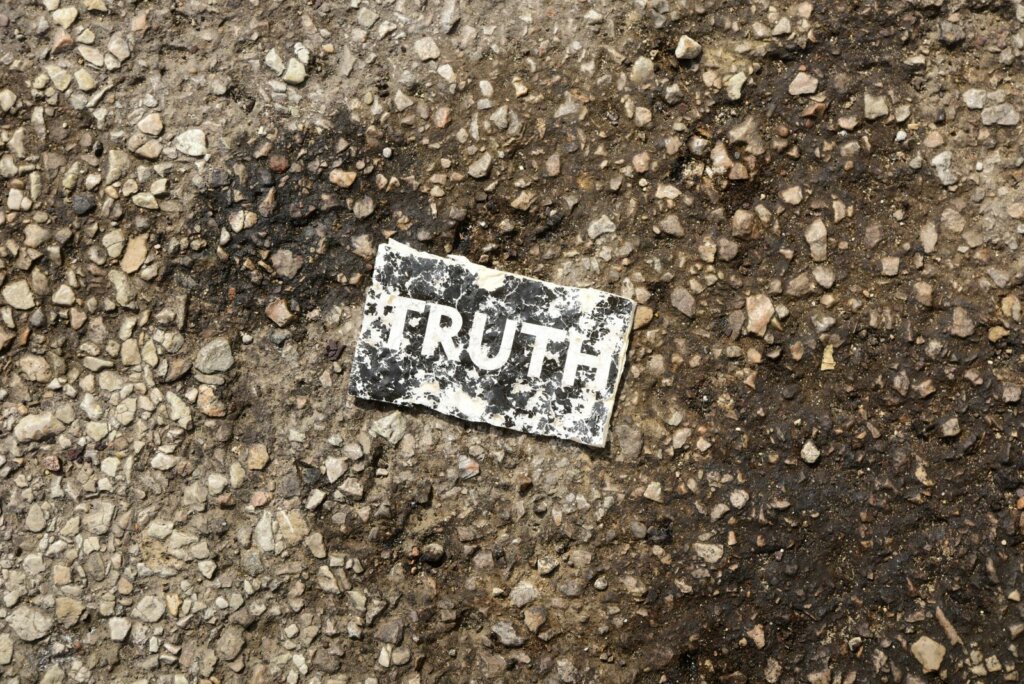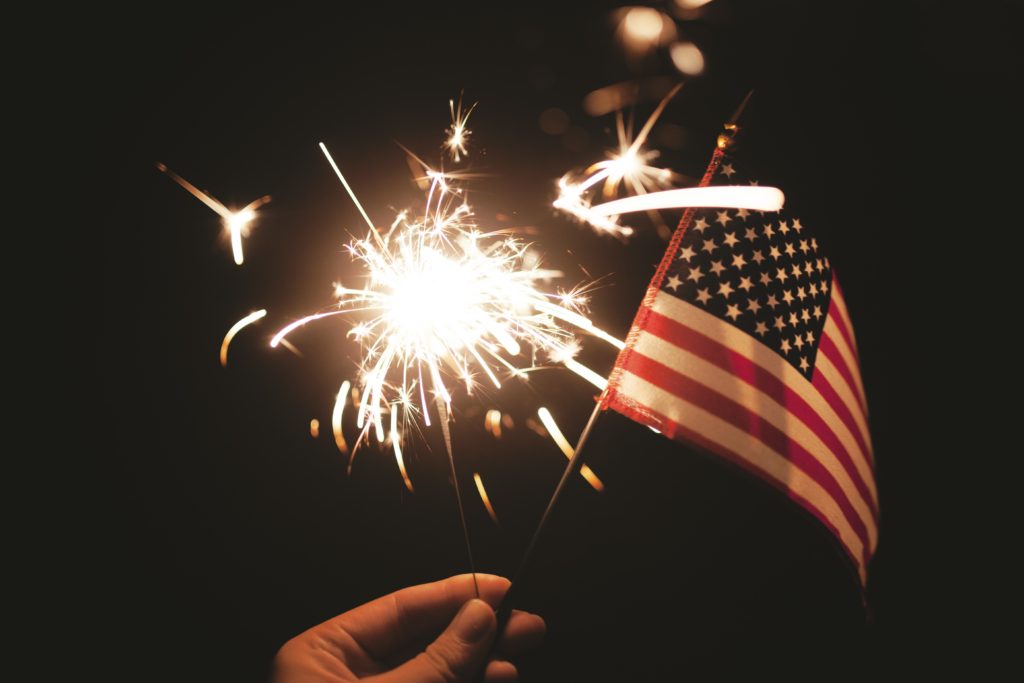We humans like simplicity. We want an easy-to-tell story and we want it to be logical. But the thing is, real life is rarely like that. Real life is complicated and hard to turn into a soundbite, no matter how much we try. For instance, the common explanation for Juneteenth is it’s a day to celebrate when slaves learned they were free. However, that’s whitewashing the truth.
Robin Washington reminds us in Forward.com the tale we’ve been told isn’t accurate. The story goes like this: Union soldiers arrived in Galveston, Texas, on June 19, 1865, to inform enslaved African Americans they were free. As if they didn’t already know. However, historian Gregory P. Downs has firsthand accounts from people demonstrating they did know. Galveston’s Blacks knew they were free and so did their slaveholders, who nonetheless kept them in bondage using brute force.
That means General Gordon Granger didn’t read off from a scroll and let slaves know they were liberated. No, Granger and his soldiers let the slaveholders know the slaves were liberated – at the barrel of a gun. They used force to say, “Let these people go.” Not only that, June 19, 1865, isn’t when all slaves were officially freed. In October of that year, white Texans in some regions still claimed and controlled slaves as property, according to Downs.

The truth matters even when it’s bruised and battered. Photo by Michael Carruth on Unsplash
Why does the true account of Juneteenth matter? Because the sanitized version doesn’t acknowledge how people actually behaved and continue to behave. The truth matters because without it we can’t do anything to change it. In 12-step communities, we say the first part of overcoming an addiction requires awareness of the addiction. Truth is awareness and truth ultimately leads to liberation.
As much as people like to say we live in a “post-truth” world, I don’t think we do. I think we live in a world where we want to have masks and create neat and tidy narratives but the truth always comes out. In Sanskrit, the unchangeable entity is Sat. The external manifestation of Sat is satya, or benevolent truthfulness. My spiritual teacher said, “Only satya or truth triumphs and not falsehood. Whenever there is a clash between truth and untruth, truth’s victory is inevitable. … Untruth, being a moving phenomenon, may attain a temporary victory on its march, but never a permanent one. … Falsehood does not win because it is relative, it is ever-changing.”
Sticking to the truth means a victory in the long run. It means liberation in every sense of the word for everyone, no matter the color of their skin, immigration status, gender, sexual orientation, or anything else. The truth is more stable than a lie. And the truth is worth sticking to, even if it’s messy and uncomfortable.
I dream of a world where we value truthfulness. A world where we remember as much as many would like to say the truth doesn’t matter, it does. A world where we understand that truth always triumphs in the end. A world where we stick to the truth because the truth means freedom, for ourselves and others.
Another world is not only possible, it’s probable.
A few weeks ago I flew back to North Carolina. I visited the place of my childhood and found everything to be slightly familiar, but altogether vastly different. My childhood home burned down and in its place stood tall trees, grass, and shrubs. My elementary school also no longer exists. My favorite place (the library, of course), closed and moved to a new location. Walking around I couldn’t comprehend all the changes because in my mind, things stayed exactly the same. It’s a dangerous thing to only live in your head and not see reality for what it is.
I think part of what we’re experiencing here in the U.S. is the dichotomy of delusion and reality. On one side, we have people (like those in power) who lie ceaselessly, who convince themselves something is true when it’s false. My sister reminded me during our North Carolina visit that we live in a post-truth world. That’s why we have such a thing as fake news. It’s nothing new, propaganda has existed for ages, but now we’re seeing it more and we’re fighting it more. It’s important for me as a journalist and a yogi to stick to the truth as closely as possible.
In Sanskrit, the unchangeable entity is Sat. The external manifestation of Sat is satya, or benevolent truthfulness. My spiritual teacher said, “Only satya or truth triumphs and not falsehood. Whenever there is a clash between truth and untruth, truth’s victory is inevitable. … Untruth, being a moving phenomenon, may attain a temporary victory on its march, but never a permanent one. … Falsehood does not win because it is relative, it is ever-changing.”
I bring this up because I think it’s important to acknowledge a truth about the United States. With every atrocious thing spewing from the current administration, people say, “This isn’t the real U.S. This isn’t the U.S. I know and love.” Oh, but it is my friends.
As much as we don’t like to admit it, the United States was founded on horrors similar to what we’re seeing now. We decimated Native American tribes. We regularly separated black people from their families under the guise of economic progress. Our country, the land of the free and the home of the brave, always carried a footnote, which is those things were true only for some. Our current president is carrying on the imperialist tradition. That’s not to say all Americans feel the way he does. It’s also not to say the U.S. hasn’t made great strides in equality for people of color, for women, for various sexual orientations, etc., because it has. But it would be disingenuous to say the behavior of the people in power in the current administration is “un-American.”
What does this have to do with my visit to North Carolina? Being there I gained more perspective of my past and was able to see a fuller picture. I finally saw the truth, and as the saying goes, the truth set me free. I’m grieving all that I lost, but first I had to see it. Until we collectively recognize our country’s racism, sexism, and prejudice, we’ll never be able to move forward. Until we see our true selves, our true past, we’ll never be rid of it. We’ll never be free.
My spiritual teacher is an optimist, and so am I. I know one day we will all be free. That no matter our immigration status, the color of our skin, our gender, our sexual orientation, or anything else, we will receive equal treatment. But first, we have to tell the truth.
I dream of a world where we remember the truth will prevail. A world where we stamp out falsehood and come to grips with reality. A world where all people are treated with love, kindness, and respect. A world where each person is valued for the beautiful and precious beings they are.
Another world is not only possible, it’s probable.
Lately I’ve been thinking about the power of language. The way it builds bridges or constructs walls. And how it shapes our perspective, often in subtle ways. For instance, there is a huge difference in calling someone a rape victim versus a rape survivor. One is more passive, connoting power over, whereas the other connotes someone who endured hardship and continues to live.
Part of my musings were inspired by this article about George Lakoff. He suggests people vote with their values and thus words matter. For instance, there’s a different connotation between “federal regulations” and “federal protections.” Regardless of where a person falls on the political spectrum, it’s obvious to me words are powerful and shape the direction of a conversation and often the outcome.
It’s not only the words we use to describe something, its names too. Names mean something and the more we call a person their name, the more they embody it. For instance, in Sanskrit, if a person is named “Madhu,” which means “honey,” or “sweet,” they start to become more sweet. They develop the qualities of the name. Names are powerful, as we know, but often forget. What we call people matters. How we describe people matters. Both for the person and for us, because it determines the lens through which we view the person. For instance, I could look at a person and think “criminal” or I could think “disadvantaged.” Each will lead me down a different path. For the criminal, throw them in jail, make ’em pay. For the disadvantaged, provide help and resources.
It’s important to choose with care our words. I’m reminded of a yogic concept I’ve written about before: satya. It implies proper action of mind and the right use of words with the spirit of welfare.
My spiritual teacher says, “Humans are rational beings: They possess in varying degrees the capability to do what is necessary or good for humanity. In the realm of spirituality, such thought, word, or action has been defined as satya.”
I guess to me that means it is our responsibility to use language in such a way that it engenders the all-around welfare for everyone. It is our responsibility to use language so that we start moving together in a direction that means everyone is living better. Because language is powerful and the more we recognize that and utilize it for the benefit of all, the better off we’ll all be.
I dream of a world where we recognize the power of language and we use it to make lives better for everyone. A world where we use language to unite rather than divide. A world where we choose our words with care.
Another world is not only possible, it’s probable.
I’m officially a podcast! Click here if you want to check it out. =)
The other day, a friend posed a question on facebook: “Where’s the line between hate speech and incitement? What’s an example of someone talking about white supremacy, warning against ‘race mixing mongrelization’ and takeover by international Jewry, recommending re-education or death for gays, deportation of migrants, where you could make an intellectually honest assessment that they are ‘just stating their opinion’ with no intention of recruiting?”
I love that my friend brought this up because it’s a reminder that ideas have consequences; words matter. Far from the childhood rejoinder, “Sticks and stones may break my bones but words will never hurt me,” words DO hurt. They hurt a lot, especially when those words translate into policies and practices.
In the U.S., we tout how great our country is because we have free speech. But is it really free? I’d argue that freedom of speech comes with a cost – sometimes emotionally and sometimes physically. People are literally paying with their lives sometimes; the price doesn’t get any higher than that.
I’m a journalist so in no way, shape, or form am I arguing for governmental censorship. Having governmental restrictions on what we can and cannot say usually ends in disaster. However, there is a big difference between a whistleblower exposing the dark underbelly of an institution and spewing hate. Essentially what I’m advocating for is subtlety of expression.
In yoga, there is a concept called satya. It implies action of mind and the right use of words with the spirit of welfare. Satya is often translated as benevolent truthfulness, but I think the concept is more subtle than that because it’s so relative. There are no hard and fast rules. Sometimes it’s in the best interest of all parties involved to be brutally honest and sometimes it’s better to withhold the truth. What’s really important is welfare. Will the comment help the person or hurt them? And if it will hurt them but they need to hear it, how can the comment be delivered in the gentlest way? If I’m a terrible singer and I’m convinced I’m the next American Idol, no one is doing me any favors by saying my singing voice is fantastic. To practice satya, it would be better to say, “I know you love to sing Rebekah, and that’s great! but I think you could sound even better if you took singing lessons.”
Hate speech I would argue is never about the welfare of others and always about expressing fear and insecurity. And instead of adding to the din by declaring the white supremacists to be racist jerks, to put it politely, I think we’d be better served at asking what the person’s underlying needs are and how can those be addressed. Nothing gets solved by shouting at each other and in fact, all the shouting can have dire consequences. I know that sounds terribly naive, as if I’m advocating we all sit by the campfire and sing “Kumbaye,” but I’m not. White supremacist jerks should not be allowed to call the shots or get into positions of power, and it’s our responsibility to make that so. But to really solve anything we have to address their unmet needs and those of their ilk while also practicing satya ourselves. It’s a tall order but I believe it can be done.
I dream of a world where we take into account the welfare of others, and ourselves, when we communicate. A world where we speak the truth, or withhold it, without hurting others. A world where instead of freedom of expression we practice subtlety of expression.
Another world is not only possible, it’s probable.


